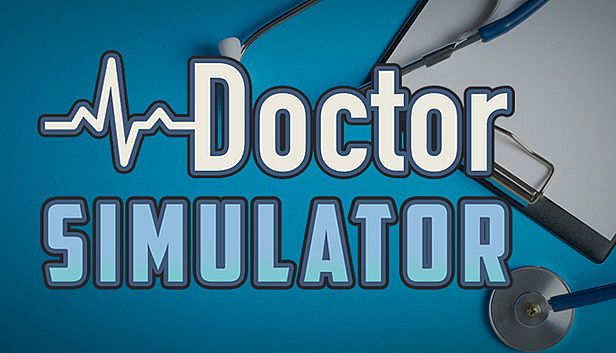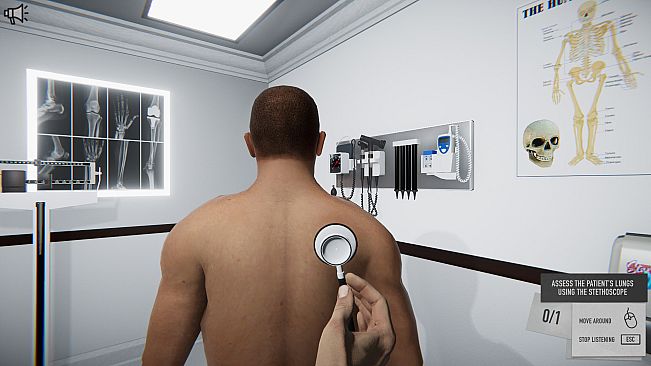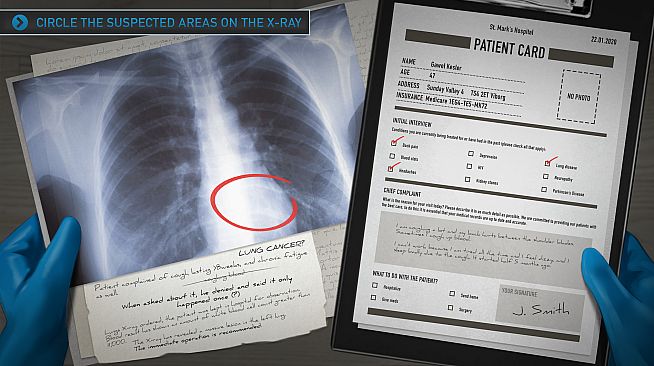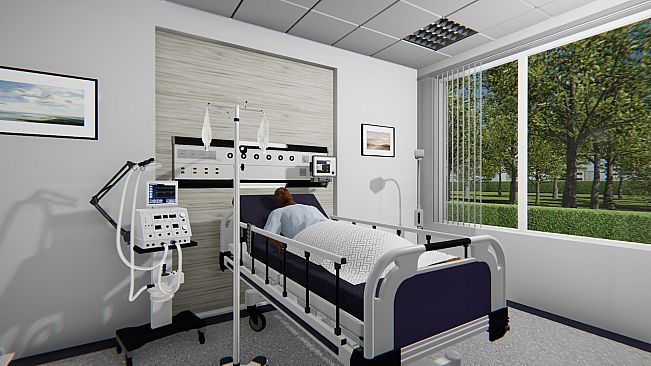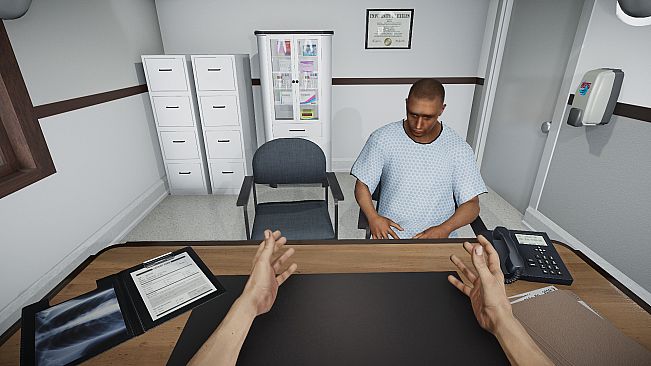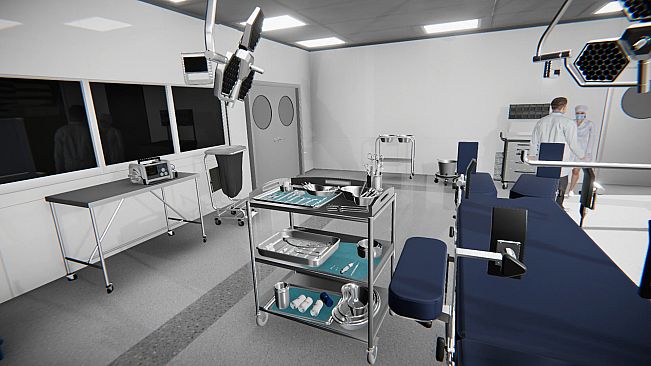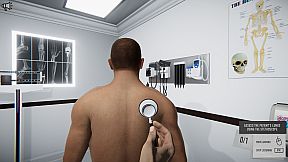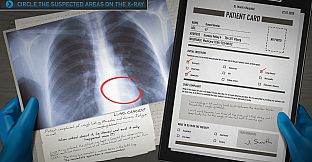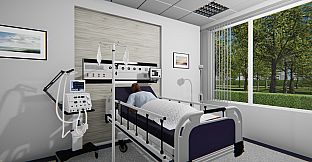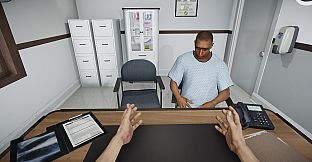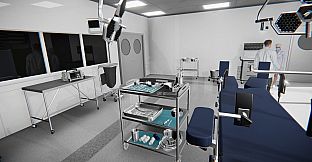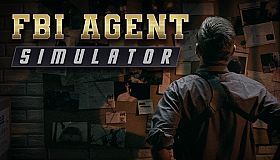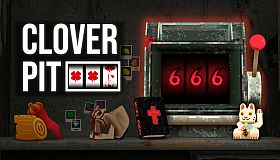You work at the St. Mark’s Hospital and your daily routine consists of a ward round and taking care of new patients. Think of a remedy as they are describing their symptoms – should you prescribe pills? Ask for additional tests? Or maybe the patient is just simulating? You have many extra tools at your disposal – blood tests, X-rays, CAT scans and more. Use them to help you diagnose the illness.
Choose the right approach and become the doctor the hospital needs! And remember – better results mean more money. You can invest it to expand the facility and to hire top specialists!
Fever, chills, injuries, sore throat, chest pain, nervousness – these are just symptoms. But what disease causes them? Carefully examine the patients, but have in mind that they may not always be at ease discussing their condition with others. What if they hold back some embarrassing, yet crucial facts? And what if their symptoms are misleading?
There are always many factors that have an influence on the final verdict. Analyze the test results and thoroughly look into the patient’s history. It’s about life and death, so the diagnosis has to be right!
Sometimes pills just aren’t enough and the operation a must. Be sensitive when announcing the worst news to people – they have real feelings. After the talk, take the patient to the operating theatre, put on the mask, the gloves, grab your scalpel… and perform your duty! The patient’s family may be panicking, but you have to get a grip on yourself.
Choose the right the type of anaesthetic and be prepared for the worst – complications may occur during the surgery. Be precise and don’t let your hands shake! This is about the well-being of the patient, but also about the reputation of the hospital and yours as well.


